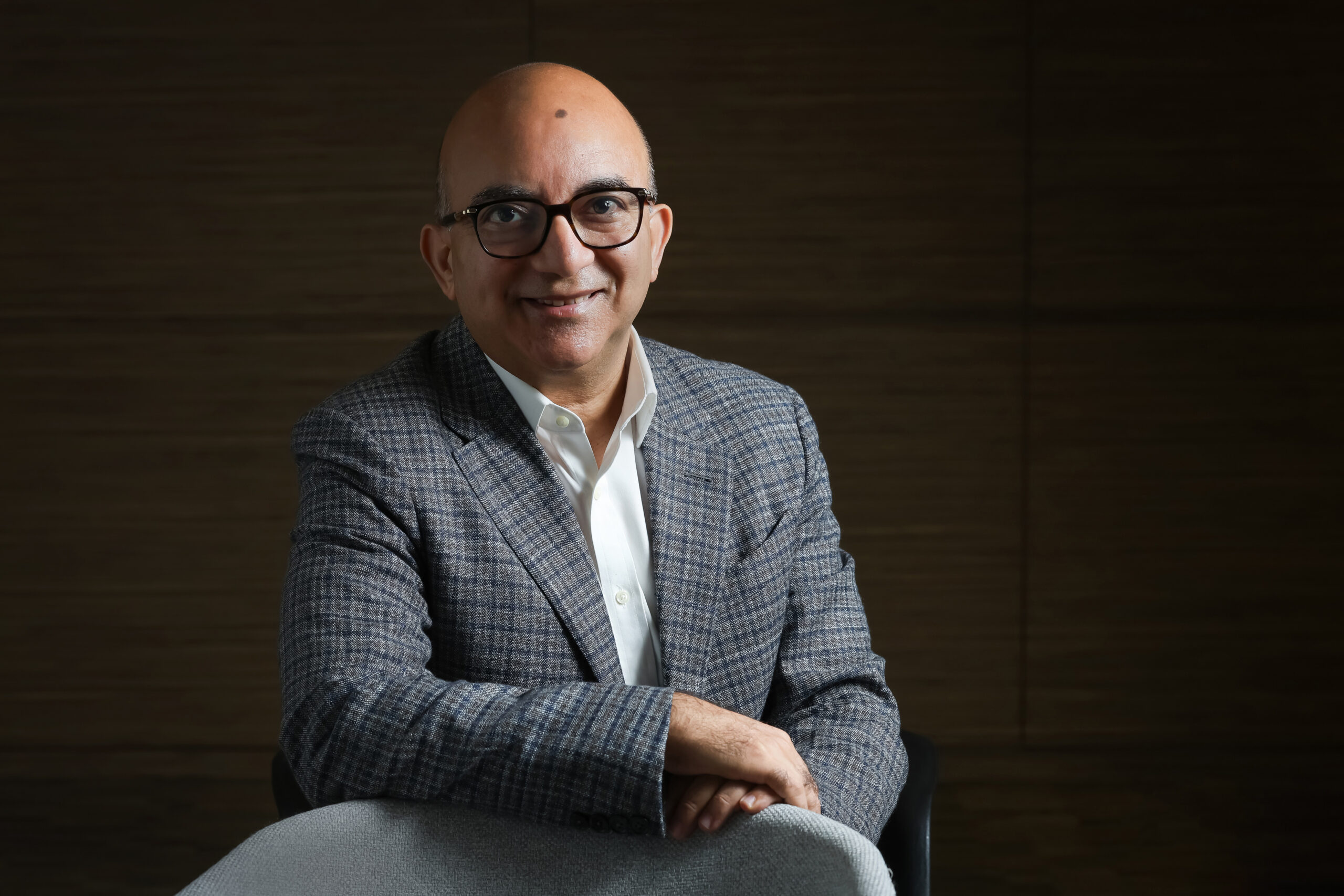Minding the gap in generational work values
- HRM Asia Newsroom

“Young people are not rejecting work. They are rejecting work that feels hollow, roles that ignore values, and organisations that say the right things but operate by old rules.” – Rajeev Peshawaria, CEO of Stewardship Asia Centre
What makes a job “good”?
For older generations, the answer was straightforward: stability, security, and a steady climb up the career ladder.
But for young people today, the ladder feels increasingly shaky, if not entirely out of reach. Between climate anxiety, AI reshaping industries overnight, and a job market where loyalty is not always rewarded, the idea of climbing the traditional corporate ladder no longer seems appealing. Instead, more youths are increasingly focused on shaping careers that reflect the kind of future they want to help build, asking questions like: Can I do work that reflects who I am? Does this organisation stand for something I believe in?
The data backs this up. According to Randstad’s 2024 Workmonitor report, younger employees today care most about work-life balance, opportunities to upskill, and being part of organisations that align with their worldview.
More recently, at the Stewardship Asia Centre, we delved deeper into this topic with a study conducted in collaboration with Blackbox Research. We surveyed over 1,000 young people in Singapore, aged 16 to 24, to determine what truly influences their decisions, their sense of ethics, and their engagement with society. Five core values consistently emerged: empathy, integrity, self-improvement, autonomy, and collaboration.
It is no longer surprising to hear a young jobseeker say they are passionate about mental wellbeing, climate action, or economic fairness. These are no longer peripheral to the workplace. In fact, half of our respondents said they want to build a more equitable society.
However, here is the thing: while young people are ready to act on their values, they often encounter systems that were not designed to accommodate them. Institutions reward output, not introspection. Hierarchies favour experience, not curiosity. And in the face of entrenched norms, many youths choose quiet compromise over confrontation.
This is where steward leadership comes in.
Steward leaders do not get stuck in the generational tug-of-war. In an interdependent world, they see their role as serving something larger than themselves: the wellbeing of the stakeholders, society, future generations and the environment. They do not just ask, “What’s the bottom line?” They ask, “What kind of legacy are we leaving behind?”
Rather than chasing short-term wins, steward leaders take the long view. They act with moral courage, invite diverse perspectives into the room, and create cultures where experience and experimentation can coexist. And that matters, especially in multigenerational teams.
So how do we lead across generations in practice?
It starts by recognising that we are all navigating the same ecosystem, just from different vantage points. Steward leadership will not flatten those differences but will honour them. It creates systems where values do not compete but complement one another. Leadership is measured not by how loudly someone speaks, but by how well they listen.
Too often, we misread silence as disengagement. But more often, silence is a sign of uncertainty. In workplaces where hierarchy is prevalent, young employees may hesitate to share what truly matters to them. They may worry about being seen as naïve or idealistic. That is why leaders must create space for reflection, not just reporting. Ask: What matters to you, and why? When people feel heard beyond KPIs and deadlines, they are far more likely to bring heart, not just compliance, to their work.
READ MORE: The steward leader: How HR can drive purpose and profit in 2025 and beyond
We also need to rethink mentorship. The old top-down model feels outdated. Today’s workplace moves fast. Insight often comes from unexpected places. Digital natives bring agility, cultural fluency, and a keen eye for what’s next. Seasoned professionals bring depth, stability, and context to the table. When both are invited to learn from each other, mentorship becomes a mutual exchange, and age becomes an asset.
And then there is something we do not talk enough about in leadership circles: happiness.
The best leaders are not those who sacrifice endlessly, but those who are deeply aligned with their values and make intentional choices. We often associate good leadership with selflessness. However, when people give up what truly matters to them, when they continually sacrifice, resentment and burnout inevitably creep in. That is not leadership. That is survival.
It is clear that the happiest people make the best leaders. Not because they are selfish, but because they have clarified what they stand for and built lives around it. Happiness, in this context, is not about comfort or external success; it is about living with emotional integrity. It is about choosing work that energises you, so you can lead with generosity, not exhaustion.
And is that not what many young people are asking for today? Not just a job title or a set of perks, but clarity. Purpose. The ability to lead themselves before they are expected to lead others.
So maybe the better question is not “How do we manage generational differences at work?” but “What choices am I making? What values am I living by? And how does my happiness, or lack of it, shape the way I lead?”
Young people are not rejecting work. They are rejecting work that feels hollow, roles that ignore values, and organisations that say the right things but operate by old rules.
They do not want to climb the same ladder. They want to redesign the building.
Steward leadership offers a blueprint for that new architecture. One built not just on productivity, but on purpose. Not just on performance, but on trust. Not just for one generation, but for all.
About the Author: Rajeev Peshawaria is CEO of Stewardship Asia Centre.






